by JM Strasser
The first celebrated definition of the genre came from Hugo Gernsback, an inventor, and publisher of one of the first science fiction magazines. Even though there are novels before this that have been labeled science fiction, the actual start of the genre that we know happened in the United States in pulp magazines. Pulp literature was popular from the late 1800s to the 1950s. It was called “Pulp” because of the cheaper paper used to print them. At the height of the pulps in the 1930s, there seemed to be a magazine for every interest though now it is mainly remembered for the detective genre and, to many of us, science fiction.
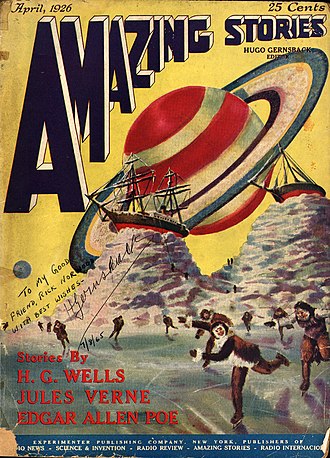
In 1926 Hugo started a magazine called Amazing Stories. He defined science fiction as “a charming romance intermingled with scientific fact and prophetic vision.” The magazine created a following of fans, becoming a movement and social force that continues today, creating one of the top-selling genres in written prose.
I frown a bit at the details of his definition. Charming romance sounds more frivolous than I think of the genre. However, romance is definitely present in the best of these stories, and the creature fests were more fun than serious fiction. Scientific fact was played with loosely. What if there is scary life on other planets, and what if they came here? Taking this idea, we are off to a monster story. Mixed in with these were stories far more serious and based on known facts. The Big Three of science fiction writers who were there at the beginning were: Robert Heinlein, called the Dean of Science Fiction; Isaac Asimov, a professor of Biochemistry and Arthur C. Clarke, a sci-fi and nonfiction writer who wrote the 3 Laws-
1. When a distinguished but elderly scientist states that something is possible, he is almost certainly right. When he states that something is impossible, he is very probably wrong.
2. The only way of discovering the limits of the possible is to venture a little way past them into the impossible.
3. Any sufficiently advanced technology is indistinguishable from magic.
Prophetic vision, furthermore, is something that many critics feel is present, but many authors protest. The authors believe their stories take and play with an idea, see what happens, and do not necessarily say it will happen.

There is a lot of credit for creating the first science fiction story that goes to Mary Shelley’s Frankenstein, The Modern Prometheus (published in 1818). You probably are familiar with the story of a mad scientist who creates life using body parts from corpses and chemicals animated by electricity. The novel shows the struggle between Enlightenment and Romanticism, undoubtedly coming from her father, a leading Enlightenment philosopher; her mother, Mary Wollstonecraft, a pioneer English feminist who defended women’s rights; and her soon-to-be husband, Percy Shelley, a leading romantic poet. Percy Shelly’s friend, Lord Byron, challenges Mary to write a ghost story on one stormy night in the Swiss Alps. By morning her story was outlined, and she went on to write a literary classic.

While I accept Frankenstein as the first scifi story, mainly because it was a novel, there is another much earlier. In 700 B.C., Hesiod, a poet from ancient Greece and a contemporary of Homer wrote about a robot. In this case, a giant bronze man was brought to life with ichor, the life source of the gods. Technological imagination goes far back, but you could argue that getting “life” from the gods is more like magic. It doesn’t explain what it is. Mary brought her monster to life according to the known laws of electricity and galvanism (direct current electricity). This put her closer to the idea of taking scientific facts and making a leap with them, which is a suitable scifi premise. Humans now know that electricity works in life processes, reinforcing the assumption the novel had a solid basis for scifi.
Science fiction and fantasy (and even horror) can and do intersect. Still, science fiction starts with the scientific concept and then takes a leap instead of a fantasy that begins with a premise usually not based on science or reality. Fantasy can have science mixed up with non-reality, which I think helps to make it more believable. Many also equate science fiction with the future, including technological advances and the breakdown of those advances. It can also include aliens who intrude on our characters or the characters infringe on them. I enjoy exploring these encounters in our ‘imagined’ futures and asking questions like- are they ‘good’ or ‘bad’? Our eternal question and one the authors love to explore and readers love to enjoy.
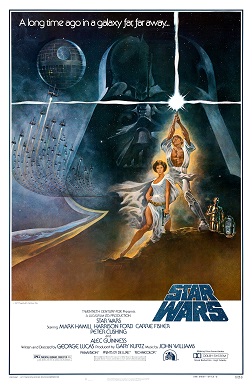
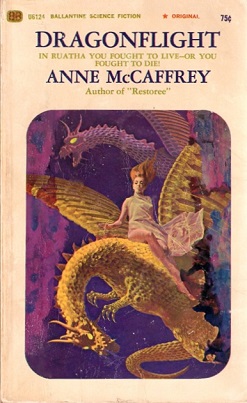
The argument over what Science Fiction or Fantasy is often heated. Is it based on science, or is it a Fantasy with spaceships? The movie franchise of Star Wars and Anne McCaffrey’s Dragonrider series show elements of both genres, and the fans and critics try to put them in one box; there seems to be a need to categorize everything.
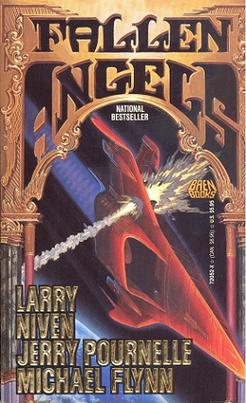
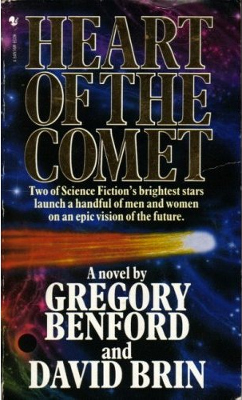
Another aspect I would add is that these stories have not happened (at least not yet) and let you explore a concept that would be frightening. The terror gets softened when these stories fall into horror but have a science fiction scenario. It’s not real and allows me to ponder ideas more easily.
Hard science fiction like Heart of the Comet by David Brin and Gregory Benford and Fallen Angels by Larry Niven, Jerry Pournelle, and Larry Flynn uses a heavy load of current knowledge and project into the near future. This category can slip into the ‘what if’ idea as it is very close to the facts now, so heavy on those facts it reads very realistic.
Many of today’s science fiction professes the shortcomings of humanity. This premise allows many readers to stretch themselves and actually read the genre. It adds a moral theme that justifies terrible things happening to humans because we are bad. This self-flagellation is destructive to me. When I write, I wish to convey logical steps in what I am constructing but also interject the positive aspects of the situation. I do not believe we are the scum of the universe. I do not think we are the angels of it either. I believe we are part of our universe, no better or worse.
So bring it all on; all the subcategories that have been created and look forward to even more. Whether it is creating life, aliens, the technological innovation of the future, or even dragons on a planet that was colonized by humans in the future. If we play with these ideas now, we may be better prepared for what comes.
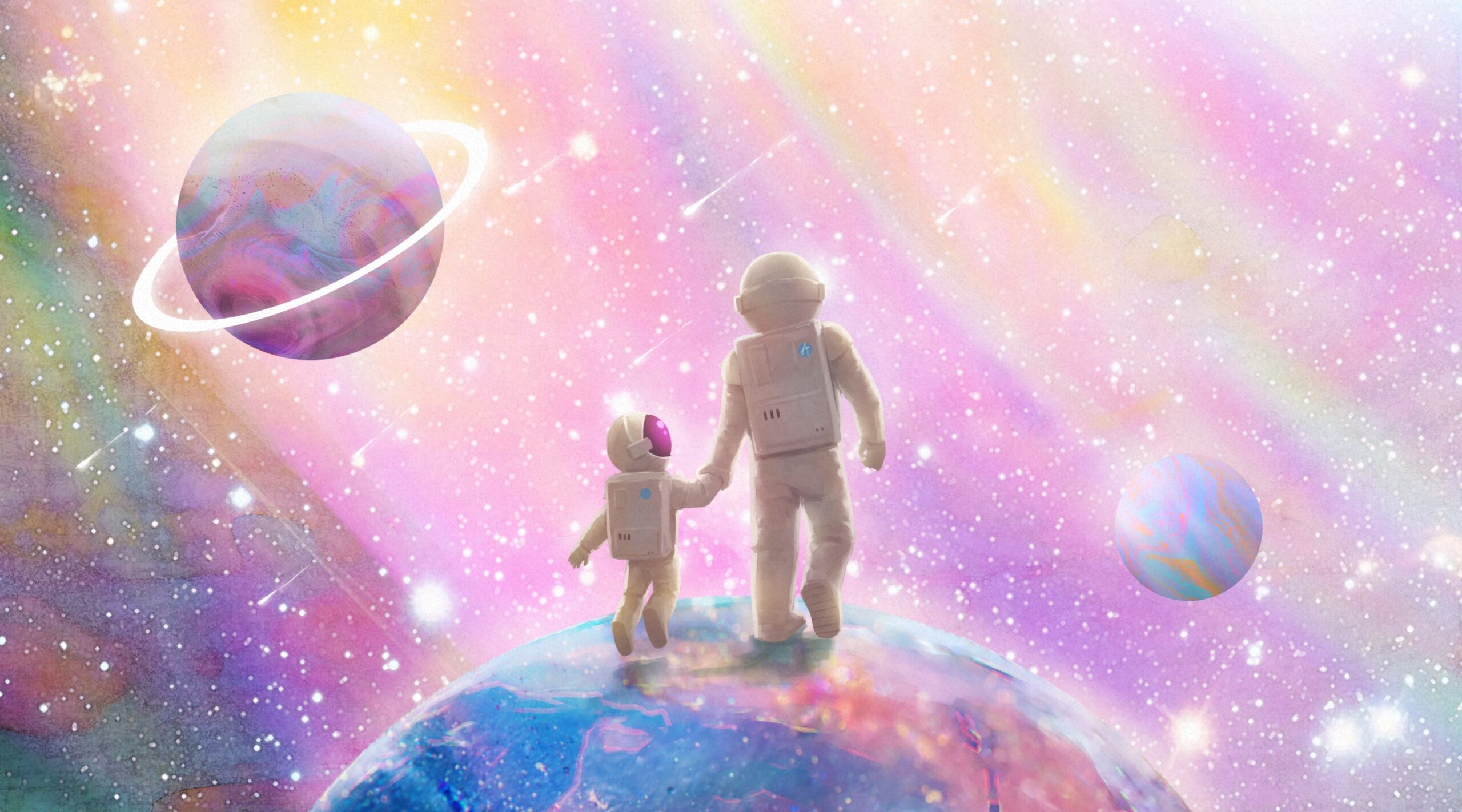
©JM Strasser September 4, 2023 All Rights Reserved
Image Credits for Blog
#1 September 4, 2023
First issue of Amazing Stories,
Editor Hugo Gernsback 1965
Art by Frank R Paul https://en.wikipedia.org/wiki/Amazing Stories
Talos, giant bronze man that protects Crete by Greek poet Hesiod 700B.C https://www.pinterest.com/pin/317011261256379341/
Frankenstein by Mary Shelly https://d28hgpri8am2if.cloudfront.net/book_images/onix/cvr9781787550926/frankenstein-9781787550926_hr.jpg
STAR WARS
Directed by George Lucas
Lucasfilm Ltd 1977 https://en.wikipedia.org/wiki/Star_Wars_(film)#Release
Heart of the Comet by Gregory Benford and David Brin
Bantam Spectra 1986
https://en.wikipedia.org/wiki/Heart_of_the_Comet
Fallen Angels by Larry Niven, Jerry Pournelle and Michael Flynn Baen 1991 https://en.wikipedia.org/wiki/Fallen_Angels_%28Niven%2C_Pournelle%2C_and_Flynn_novel%29
©2023 jmstrasser.com All rights reserved